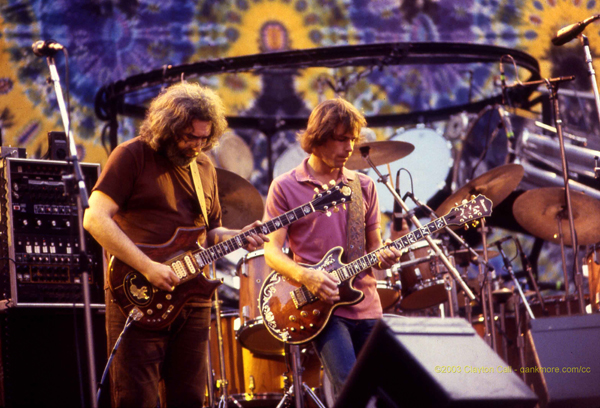
Videos by American Songwriter
Jason Isbell, Amanda Shires, St. Paul and the Broken Bones and others performed at the 62nd Annual Jimmie Rodgers Music Festival in 2015 in Meridian, Mississippi, the home town of the “Father of Country Music,” Jimmie Rodgers. For more than half a century this festival has drawn important performers and fans from all over the world to Meridian. That’s because Rodgers influenced, directly or indirectly, everyone who came after him in the country genre, at least until the past couple decades or so. Try to imagine Hank Williams, for instance, singing without the falsetto break in his voice that helped make him famous. Well, Rodgers did it first. Or try to imagine the existence of Bill Monroe and the Blue Grass Boys or Old Crow Medicine Show without Jimmie Rodgers. He also inspired singers of other genres, from Delta bluesman Howlin’ Wolf to future Beatle George Harrison.
It wasn’t just Rodgers’ singing that affected so many people though; it was also his songs. Rodgers wrote songs that endure to this day, and one of the most memorable and oft-covered ones is “Blue Yodel #8,” more commonly known as “Mule Skinner Blues.” Recorded in 1930 in, of all places, Los Angeles, this is a song about a black man looking for work handling mules that wouldn’t get past the music police today. The opening line Good morning captain, good morning shine, referring to a black man, would be loudly attacked as yet another racist epithet in today’s online world. But in 1930 the word “shine” was accepted by the masses, especially in the South.
This song has six verses, but they are each completed not with a line of words, but with a line of yodeling. Except for the fourth verse of Rodgers’ original recording, which is followed by a guitar solo. The song really knows no boundaries in terms of genre because of its purity as a piece of art. “Mule Skinner Blues” (or “Muleskinner Blues,” depending on the version) has been covered by numerous artists, from Woody Guthrie to Dolly Parton to the Cramps to the bluegrass supergroup Muleskinner, on the self-titled album they recorded before guitarist Clarence White died. Most everyone who has sung the song has embellished it, re-working the lyrics (usually replacing the word “shine” with a more politically correct word), and sometimes holding the yodels for as long as three or four bars before running out of breath and changing chords. While “Mule Skinner Blues” would be considered primitive by today’s Music Row standards, it’s a big part of the reason that music even exists in Nashville.
In addition to being called the “Father of Country Music,” Rodgers was also called “The Singing Brakeman” because, like nearly all trendsetting musicians, he had a day job, working on the railroad. Nobody could have imagined at the time that this frail man who died of tuberculosis at 35 would become renowned for helping to define American music. By the way, a “mule skinner” is somebody who drives and directs mules that are pulling wagons or carrying supplies, not someone who actually skins them.







Leave a Reply
Only members can comment. Become a member. Already a member? Log in.